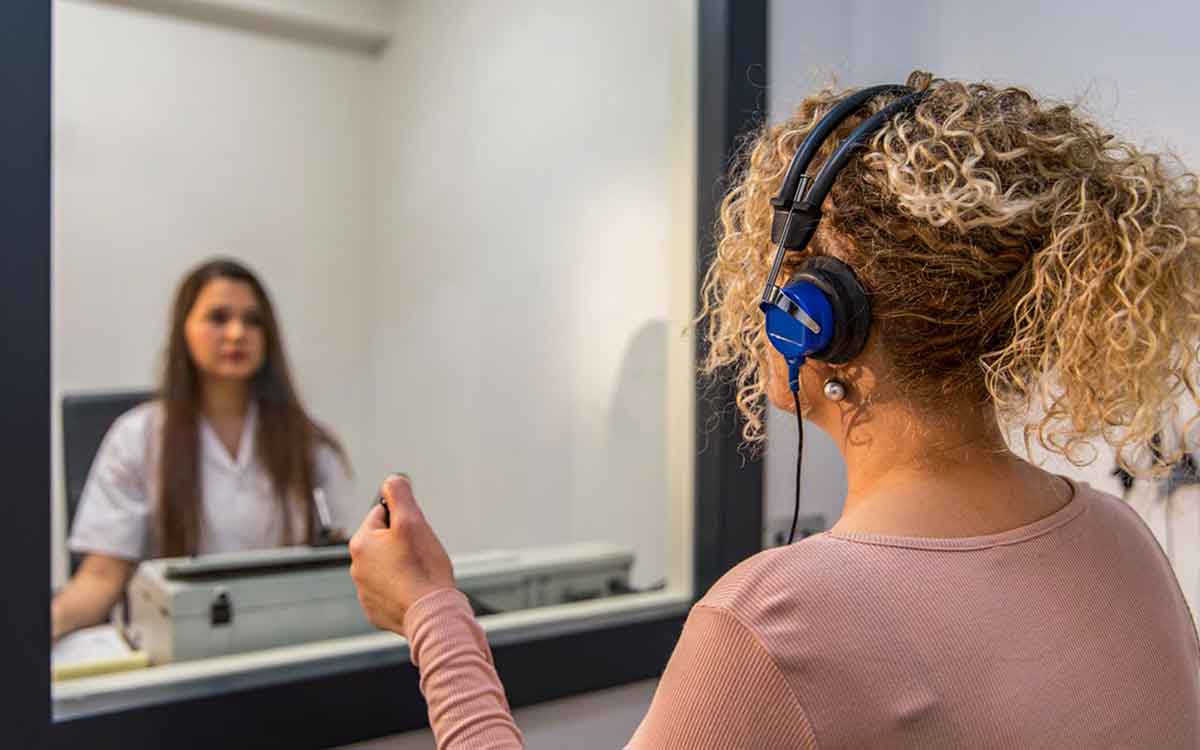When should you schedule a hearing assessment? Here are several indications you need to get your hearing checked.
Recently, my children expressed displeasure with the loud volume of the TV. My answer …” What?!” It was funny because it was a joke. But it also wasn’t. The television has been getting louder and louder. And I started to ponder: Should I get a hearing exam?
There’s no good reason to avoid scheduling a hearing test. They aren’t invasive, there’s no radiation, and you don’t have to be concerned about discomfort. You just need to take a brief minute to schedule an appointment.
Considering how much untreated hearing loss can influence your health, it’s important to be more cautious about it.
Indications you should get a hearing exam
If you’ve recently noticed any symptoms of hearing loss, it’s most likely a good idea to get a professional hearing assessment. If it’s hard to hear, it likely means there’s considerable hearing impairment.
- Background noise can be overwhelming: Have you ever struggled to focus on a conversation in a noisy or crowded setting, where the surrounding din makes it tough to catch every word? It’s possible that this might be an indication of impaired hearing.
- People always seem to be talking unclearly: The issue might not always be volume but instead definition.
- You often overlook text messages: Your phone is meant to be attention-grabbing. If you regularly fail to notice incoming calls or texts, the issue may be that you’re not able to hear them.
- Ringing that won’t go away: Ringing in your ears, also known as tinnitus, is often a sign of hearing damage.
Here are a few other situations that indicate you should arrange a hearing assessment:
- Your ear is still blocked following an infection
- Excess earwax has accumulated and can’t be eliminated by self-cleaning approaches
- You take specific medications that can damage your hearing
- It is hard to identify the source of sounds
- You have vertigo
Routine checkups
Even if you aren’t observing any obvious symptoms, it’s still important to schedule regular hearing exams.
- It is recommended to have a baseline test completed after reaching the age of 21.
- If your hearing is healthy, get hearing assessments every three years.
- If you display symptoms of hearing loss, have it evaluated immediately and then annually afterwards.
Regular screenings may identify hearing loss early, before any symptom are noticeable. The sooner you seek treatment, the better you’ll be able to preserve your hearing in the long run. This means you should probably turn your TV down and set up a hearing test.
